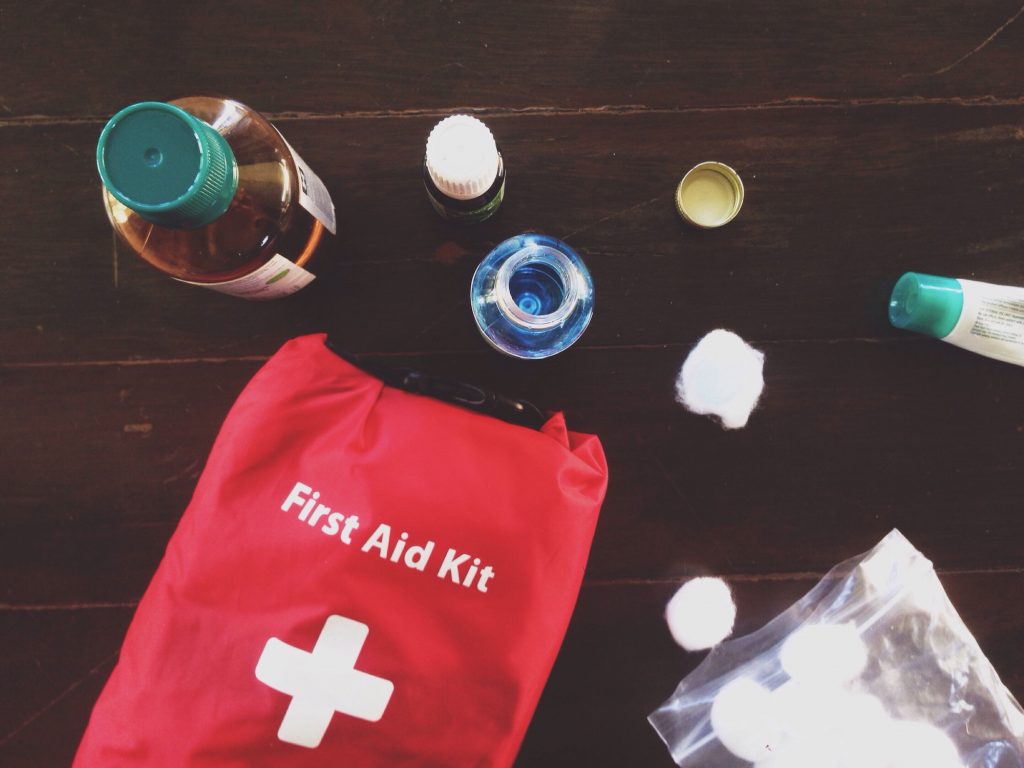Travel Medical Kit, ChatGPT Style

A travel first aid kit is a crucial item for any traveler, no matter the destination. Whether you are going on a short trip or a long-term adventure, a well-stocked first aid kit can help you handle minor injuries, illnesses, and emergencies. Here’s what you should include in your travel first aid kit:

- Pain relievers: Pack over-the-counter pain relievers, such as ibuprofen, acetaminophen, or aspirin, to help relieve headaches, muscle aches, and menstrual cramps.
- Bandages: Include a variety of sizes and shapes of adhesive bandages, as well as gauze and medical tape, to cover cuts and wounds.
- Antiseptic wipes and ointment: These items can help clean and protect cuts and wounds, and reduce the risk of infection.
- Antihistamines: If you have allergies, bring antihistamines to relieve symptoms like itching, sneezing, and runny nose.
- Rehydration solution: Pack a rehydration solution, such as oral rehydration salts, to help replenish fluids lost from dehydration, especially in hot and humid destinations.
- Scissors and tweezers: Scissors can help cut gauze or clothing, while tweezers can be used to remove splinters or insect stingers.
- Thermometer: A digital thermometer can help you monitor your temperature in case of illness.
- Mosquito repellent: Mosquito bites can not only be irritating but also spread diseases. Pack a mosquito repellent to protect yourself, especially when visiting destinations with a high risk of malaria or dengue fever.
- Sunscreen: If you are visiting a sunny destination, make sure to pack a high SPF sunscreen to protect your skin from sunburn and skin damage.
- First-aid manual: A first-aid manual can provide valuable information on how to handle minor injuries and illnesses, especially in unfamiliar destinations.
In addition to these items, consider your personal needs and any pre-existing medical conditions. If you have a chronic illness or allergy, make sure to pack any medication or supplies you may need, and carry copies of your prescriptions and medical records with you.
In conclusion, having a well-stocked travel first aid kit can provide peace of mind and ensure you are prepared for any minor health issue that may arise while you are on the road. Make sure to keep your kit accessible and update it regularly to make sure it stays current. Safe travels!


Leave a Reply
You must be logged in to post a comment.